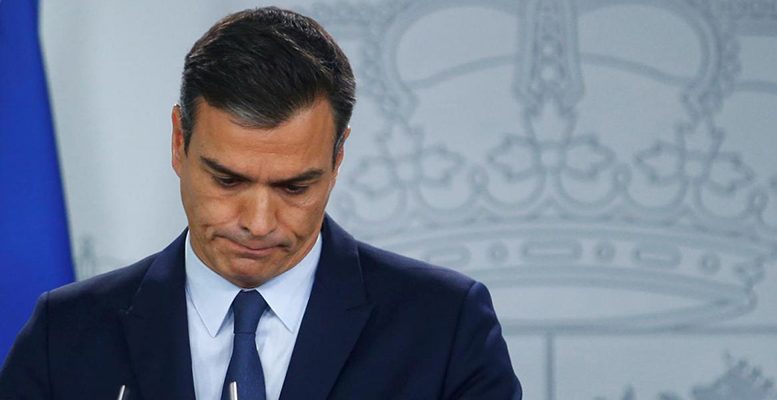Fernando G. Urbaneja | A week ago, I pointed out as a hypothesis that “as it seems unlikely, as unassuming, another failure to form a government, new possibilities for pacts are opened that months ago were impossible because of the stubbornness of their leaders. In early 2020 these impossible pacts may be inevitable.” I made a mistake in judgement. No need to wait until 2020, new possibilities for pacts have emerged. The scenario before the next legislature in Spain is much more flexible than the previous one.
Political leaders in Spain are beginning to assimilate that voters will not grant clear majorities; there are several possibilities, with a central axis in the socialist party of Pedro Sánchez and a second party clearly distanced from the others: the conservative Popular Party led by Pablo Casado. We do not see imperfect bipartisanship as the one dominating Spain’s political landscape between 1977 and 2015, but a multiparty system with coalition governments.
Even a pragmatic coalition between the two great parties seems possible today. Not so much like the German Great Coalition but a government pact which addresses some public policies, including a new policy for Catalonia. All parties are withdrawing vetoes to their competitors -they are aware that whatever the election result will be, a government must be formed. The current blockade needs to end.
Although there are only five weeks left before the election date, some critical days might have a decisive impact on voters. This week we may probably know the ruling of the Supreme Court on the Catalonia ‘procés’ that shocked Catalonia and Spain two years ago. Whatever the high Court decision, there will be an answer in Catalonia that will fill the streets with secessionists shouting “we will do it again”. Their goal is to bring Catalonia into a halt and provoke a reaction from the Spanish government that will refuel their support. But it can also happen that secessionist mobilizations take place without relevant consequences.
The other critical factor is the evolution of the economy and the fear of another big crisis. There are no reasons to fear that. The economy is going to perform slightly worse, but this does not mean being on the brink of a recession.





